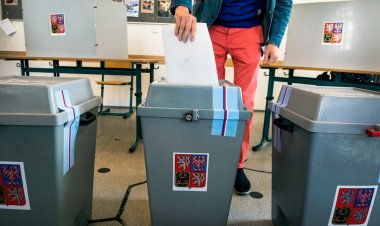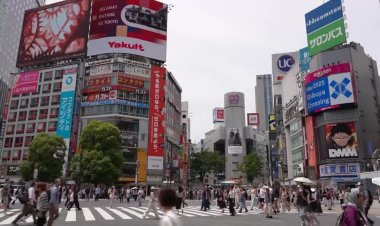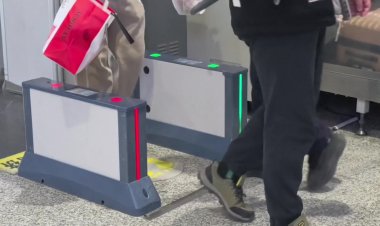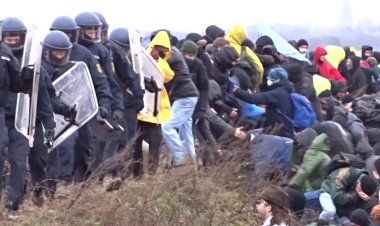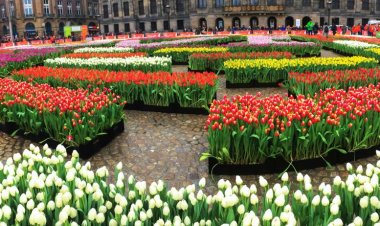Indians vote in third phase of mega-election
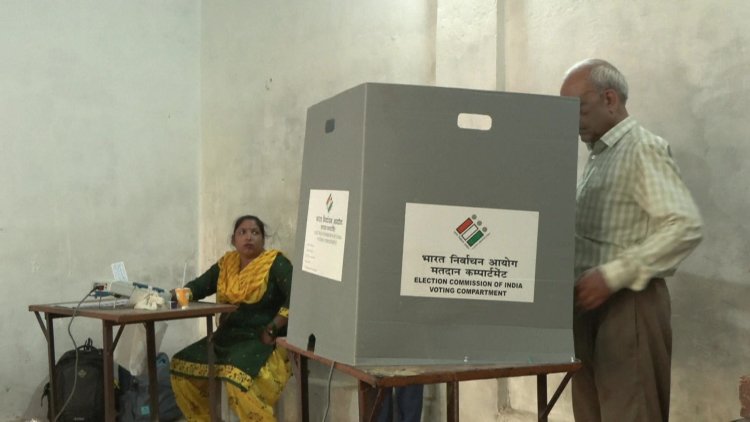
Hindu nationalist Prime Minister Narendra Modi cast his ballot in India's ongoing general election after giving several inflammatory campaign speeches accused of targeting minority Muslims.
Turnout so far has dropped significantly compared with the last national poll in 2019, with analysts blaming widespread expectations that Modi will easily win a third term and hotter-than-average temperatures heading into the summer.
The premier's ruling Bharatiya Janata Party (BJP) is expected to win the election convincingly, but since the vote began on April 19, Modi has stepped up his rhetoric on India's main religious divide in a bid to rally voters.
He has used public speeches to refer to Muslims as "infiltrators" and "those who have more children", prompting condemnation from opposition politicians, who have complained to election authorities.
Modi has also accused Congress, the main party in the disparate opposition alliance competing against him, of planning to relocate the nation's wealth to Muslim households.
India's election is conducted in seven phases over six weeks to ease the immense logistical burden of staging the democratic exercise in the world's most populous country.
Much of southern Asia was hit by a heatwave last week that saw several constituencies vote in searing temperatures.
In the city of Mathura, not far from the Taj Mahal, temperatures crossed 41 degrees Celsius on polling day, and election commission figures showed turnout dropping nearly nine points to 52 percent from five years earlier.
A turnout data analysis published by The Hindu newspaper concluded it was too early to determine whether hot weather was impacting voter participation.
More than 968 million people are eligible to vote in the Indian election, with the final round of polling on June 1 and results expected three days later.




